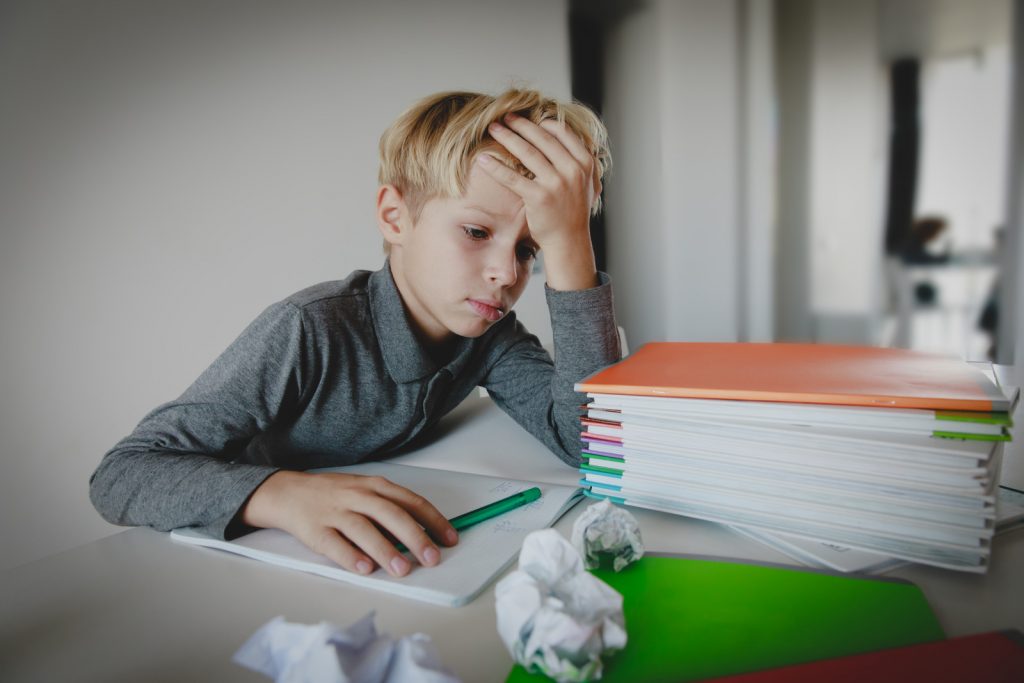
To all the parents out there who have unwillingly become home educators this morning, here are a few tips from an ex-home educator (yes, really, I survived – let’s hope I can survive this outbreak). Also, note that home education is not home schooling. School implies structure and timetables. Home education is much more free flow.
1) BREATHE
Yes it’s overwhelming but there is a way through this. Your kids, depending on their ages are probably confused, scared or angry or all three and a bunch of other emotions too. First of all, BREATHE.
2) TEA OR COFFEE
Take a slow start to the day. No need to create a school type timetable. For most families, it just puts way too much pressure on everyone. It leaves no room for creativity either.
3) HOME EDUCATION vs. SCHOOL TYPE LEARNING
By that, l mean worksheets and other written work that you would need to do sitting at a desk. For primary age kids l would say 15-30 mins a day, perhaps twice a day would be plenty to keep their skills up. Break it into bite size bits so it’s not stressful for them or you. If they know it’s short, you are much more likely to keep their attention. Then when they are finished, let them move. Skip dance hop etc. That’s what they need.
4) ALTERNATIVE WAYS TO LEARN
Observe your child when they have complete control over their time. What do they gravitate towards? Drawing, making things, watching videos, listening to music, reading? How do they consume new information? Use their preferred learning style the majority of the time and you will get less push back. Of course, still use other styles, but it’s natural to learn more easily if you use your preferred way of doing it.
5) SCREENS
Many parents are probably worried about the amount of time their kids will be on their screens over the next weeks/months. Trying to limit screen time can result in major issues between kids and parents. Screens per se aren’t bad, it’s what you do with them that makes a difference. Watching films, documentaries etc can be highly educational if you have 15 minutes discussion afterwards to talk about the key issues raised or some element of the film’s production etc. Playing games which enable learning are also great. Minecraft is massively educational in many ways. Too much of anything, as we all know, is not good though, so try to mix it up with other activities away from the screen. It’s a tough one to get right, so don’t beat yourselves up. If your kids spend more time online for a few weeks than you’d like, it probably isn’t going to do them lasting damage but if you fight with them over it every day, that’s going to be detrimental to your relationship and everyone’s mental health. Be kind to yourself and them right now.

6) REACH OUT
To those people you’ve always thought of as weird – the home educators. The ones that have been through it and come out the other side with huge learnings. Don’t feel isolated whilst you are socially distancing. The thing home educators are struggling with the most is not being able to go out, because, for most of us, we usually do the vast majority of our learning away from the home – contrary to what most people believe. At groups, museums, art galleries, parks, beaches, zoos, theme parks etc. For people with home in the title, we are barely ever there. So we are finding this tough too. But we already know that you have to find your flow and that takes time. To read more about home education philosophies, check out Ross Mountney’s blog.
7 DESCHOOL
This term means “get school out of your system” and it means putting aside the constricts of the school day. Just be and see how things develop. Take time to find out how your child learns best before implementing a strict way of doing things. Much can be learned from your bed in your PJs. My son passed his GCSE Business Studies 8 months after starting the syllabus spending 2 hours a week talking about the topics and relating them to companies he was interested in. He wrote no notes and only started writing anything down 2 months before the exam when he did practice papers- he learned it easily because he was relaxed, comfortable, and not under pressure to conform to a schooly way of learning (sitting at a desk making notes.
Trust your child to find the way that works for them.
8 BREATHE
You got this
9 SHARE
Share this if you think it will help someone else. Please comment below if you need ideas or other support.
